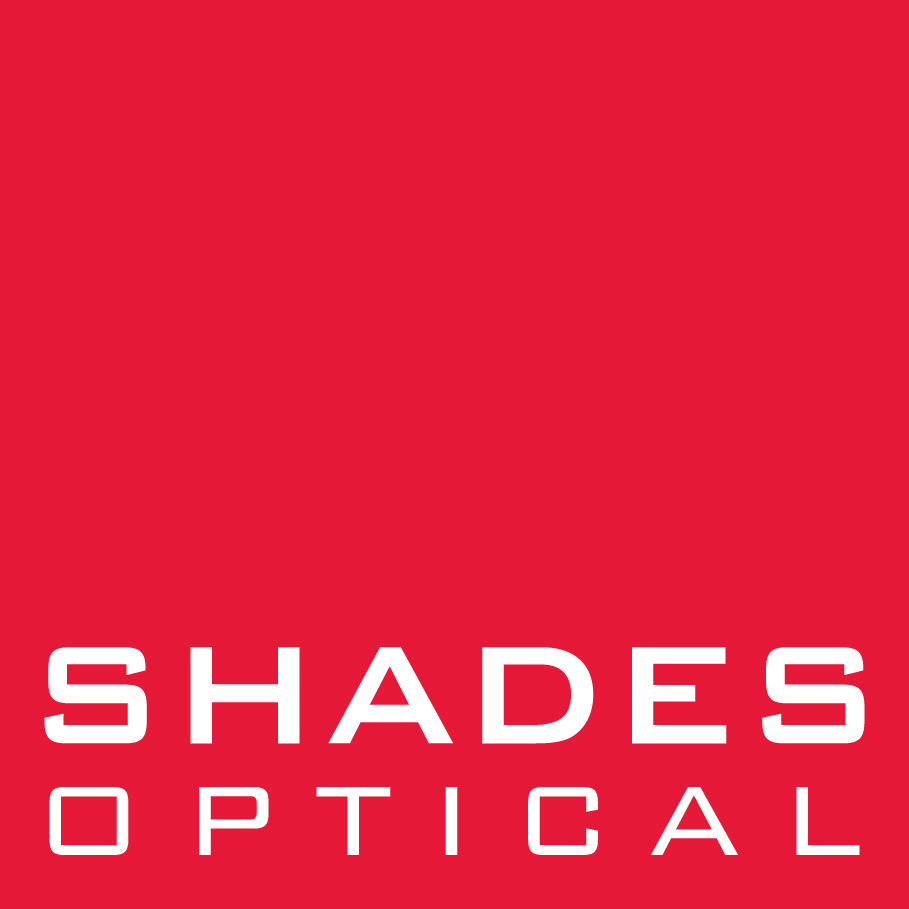Vitamin C: The Unsung Hero in Your Eyes' Defense System
When you bite into a crisp, juicy orange, you probably aren't thinking about your eyes. Yet that simple act delivers one of nature's most powerful protectors of vision - Vitamin C. At Shades Optical, we often see the consequences when this crucial nutrient is lacking, and what we've discovered might surprise you.
Picture your eyes as a fortress, constantly under siege from modern life's challenges - blue light from screens, environmental pollutants, and oxidative stress. At Shades Optical, our advanced diagnostic technology reveals these impacts in every patient we examine. But your eyes aren't defenseless. They have an intricate protection system, and at its heart lies Vitamin C, concentrated in levels 20-50 times higher than in your blood.
Your eye's relationship with Vitamin C is fascinating. The lens actively pumps this nutrient from your blood, creating a protective shield. It's like having a personal army of molecular guardians, constantly patrolling and neutralizing threats. Without adequate Vitamin C, this defense system weakens, leaving your eyes vulnerable to damage that can accumulate silently over time.
A Day in the Life of Your Eyes
Let's track what happens in your eyes during a typical day:
Morning: Screen time depletes antioxidant reserves
Afternoon: Environmental exposure creates oxidative stress
Evening: More screen time further taxes your eyes' defenses
Night: Your eyes repair and regenerate (requiring more Vitamin C)
This constant cycle means your eyes need consistent Vitamin C replenishment - not just occasional supplementation.
Beyond the Orange
Surprisingly, some of the best sources of Vitamin C aren't citrus fruits at all. Did you know that:
One red bell pepper contains 3 times more Vitamin C than an orange
Broccoli provides Vitamin C plus eye-protecting lutein
Kiwis offer one of the most bioavailable forms of Vitamin C
Fresh herbs like thyme and parsley are packed with this nutrient
The Complex Web of Protection
While Vitamin C is crucial for eye health, it's important to understand that it doesn't work alone. Think of it like a conductor in an orchestra – powerful on its own, but most effective when working in harmony with other nutrients. This is why simply loading up on Vitamin C supplements isn't always the answer.
Important Safety Considerations with Vitamin C
The Truth About Ascorbic Acid Production
Most common Vitamin C supplements use ascorbic acid produced through fungal fermentation, but here's what many don't know: this process can leave dangerous mold spores and mycotoxins in the final product. For people with mold sensitivities, compromised immune systems, or chronic conditions, these contaminants can trigger serious health issues. When choosing supplements, look for companies that use clean, non-fungal manufacturing processes and provide third-party testing results for mycotoxins.
Understanding Supplement Interactions
Vitamin C supplementation isn't as simple as taking a pill. It creates a complex cascade of effects in your body:
Copper Balance: High-dose Vitamin C can rapidly deplete copper levels, sometimes within weeks. Watch for signs of copper deficiency like increased fatigue or unexplained changes in vision.
Iron Absorption: Vitamin C significantly increases iron absorption. If you have hemochromatosis or other iron storage disorders, this could be dangerous. Always take Vitamin C supplements away from iron-rich meals if this is a concern.
B12 Masking: High doses of Vitamin C can mask B12 deficiency symptoms while the deficiency continues to cause damage. Regular B12 testing is crucial if you're taking Vitamin C supplements.
Medical Considerations
Certain conditions require extra caution with Vitamin C supplementation:
Kidney Stones: If you're prone to kidney stones, high-dose Vitamin C can increase oxalate formation. Work with your healthcare provider to determine safe levels.
Medical Testing: Vitamin C can interfere with various medical tests, including diabetes blood sugar tests. Always inform your healthcare providers about your supplementation.
Medication Interactions: Vitamin C can affect the absorption and effectiveness of certain medications, including some chemotherapy drugs and statins.
The Synergy Solution
The most effective way to support your eyes with Vitamin C is through a balanced approach:
Eat a variety of colorful fruits and vegetables
Consider the quality and form of any supplements
Ensure adequate intake of supporting nutrients like copper and zinc
Pay attention to how your body responds
The Science Behind the Shield
At Shades Optical, we follow the latest research on eye health. Studies published in the American Journal of Clinical Nutrition show that Vitamin C concentrates in the eye's lens at levels 20-50 times higher than in your blood – and there's a fascinating reason for this. Your eyes are constantly exposed to light, creating free radicals that can damage delicate tissues. High Vitamin C concentrations act as your eyes' natural sunscreen, protecting against this daily oxidative stress.
Recent research reveals that Vitamin C works in concert with other nutrients:
Vitamin E regenerates Vitamin C, extending its protective effects
Selenium activates key antioxidant enzymes that work alongside Vitamin C
Bioflavonoids enhance Vitamin C absorption and reduce inflammation
Zinc and copper work with Vitamin C to form powerful antioxidant enzymes
Early Warning Signs
Through our advanced imaging technology, we often detect signs of oxidative stress before symptoms appear. Watch for these early indicators that your eyes need more antioxidant support:
Increased sensitivity to glare
Slower adjustment to darkness
Subtle changes in color perception
Mild eye fatigue that worsens throughout the day
Slightly blurred vision after screen use
Real-World Impact: A Success Story
Take James, a software developer who visited us recently. Our comprehensive exam revealed early signs of oxidative stress in his eyes. After three months of optimizing his nutrition with proper antioxidant supplementation and supporting nutrients, follow-up imaging showed significant improvement in his eye health markers. His eye fatigue disappeared, and his night vision improved noticeably.
Seasonal Considerations
Your eyes' Vitamin C needs change with the seasons:
Summer: Increased need due to UV exposure
Winter: Higher requirements due to indoor heating and dry air
Spring/Fall: Additional support during allergy seasons
Understanding Supplement Quality
When choosing Vitamin C supplements, consider these factors:
Forms Available:
Ascorbic Acid (most common, least expensive)
Buffered C (gentler on stomach)
Liposomal C (better absorption)
L-ascorbate (most bioavailable)
The Technology Behind Prevention
At Shades Optical, we use advanced imaging technology that most practices don't invest in because insurance won't cover it. This technology allows us to see early signs of oxidative stress and nutritional deficiencies before they cause noticeable symptoms. The Pharmanex BioPhotonic Scanner allows us to check your antioxidant level. During our hour-long comprehensive exams (versus standard 15-minute checks), we can identify these subtle changes and address them proactively.
A Clear Vision for Prevention
Prevention isn't just about responding to problems - it's about maintaining optimal health. Just as we've invested in cutting-edge diagnostic equipment, we believe in educating our patients about nutrition's role in eye health. This isn't information you'll get in a typical 15-minute exam elsewhere.
Take Action for Your Eyes
Ready to discover how nutrition impacts your eye health? Our comprehensive exams at Shades Optical look deeper than standard vision tests. We examine the subtle signs that indicate how well your eyes' natural defense systems are working.
Book an appointment today to experience the difference that truly comprehensive eye care can make. Your eyes deserve more than a quick check - they deserve care that considers every aspect of their health.
Share this information with someone who might benefit from understanding how nutrition affects their vision. Sometimes, the most powerful changes come from the simplest knowledge.
Health Disclaimer Notice
Please note that the information provided in this content is strictly for educational purposes only. It should not be considered as medical advice or a substitute for professional healthcare consultation. If you have any concerns or questions about your health, or if you are considering starting any new treatment or therapy, please consult with your physician or another qualified health provider. Always seek the advice of a qualified healthcare professional regarding any medical condition or treatment.



